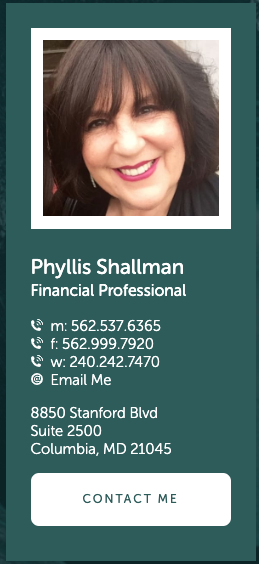
There’s no doubt that credit card debt is a huge financial burden for many Americans.
On average, each household that has revolving credit card debt owes $7,104 (1). It might be tempting to see those numbers and decide to throw out your credit cards entirely. After all, why hang on to a source of temptation when you could make do with cash or a debit card? However, keeping a credit card around has some serious benefits that you should consider before you decide to free yourself from plastic’s grasp.
You might have bigger debts to deal with
On average, credit card debt is low compared to auto loans ($27,934), student loans ($46,679), and mortgages ($192,618) (2). Simply put, you might be dealing with debts that cost you a lot more than your credit card. That leaves you with a few options. You can either start with paying down your biggest debts (a debt avalanche) or get the smaller ones out of the way and move up (a debt snowball). That means you’ll either tackle credit card debt first or wait while you deal with a mortgage payment or student loans. Figure out where to start and see where your credit card fits in!
Ditching credit cards can lower your credit score
Credit utilization and availability play a big role in determining your credit score (3). The less credit you use and the more you have available, the better your score will likely be. Closing down a credit card account may drastically lower the amount of credit you have available, which then could reduce your score. Even freezing your card in a block of ice can have negative effects; credit card companies will sometimes lower your available credit or just close the account if they see inactivity for too long (4). This may not be the end of the world if you have another line of credit (like a mortgage) but it’s typically better for your credit score to keep a credit card around and only use it for smaller purchases.
It’s often wiser to limit credit card usage than to ditch them entirely. Figure out which debts are costing you the most, and focus your efforts on paying them down before you cut up your cards. While you’re at it, try limiting your credit card usage to a few small monthly purchases to protect your credit score and free up some extra funds to work on your other debts.
Need help coming up with a strategy? Give me a call and we can get started on your journey toward financial freedom!
(1) Erin El Issa, “Nerdwallet’s 2019 American Household Credit Card Debt Study,” Nerdwallet, December 2, 2019
(2) Erin El Issa, “Nerdwallet’s 2019 American Household Credit Card Debt Study,” Nerdwallet, December 2, 2019
(3) Latoya Irby, “Understanding Credit Utilization: How Your Usage Affects Your Credit Score,” The Balance, February 20, 2020
(4) Lance Cothern, “Will My Credit Score Go Down If A Credit Card Company Closes My Account For Non-Use?” March 2, 2020
